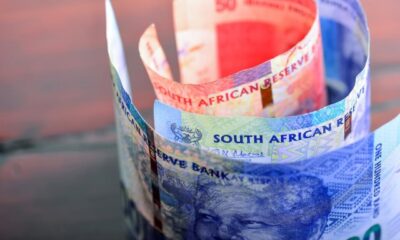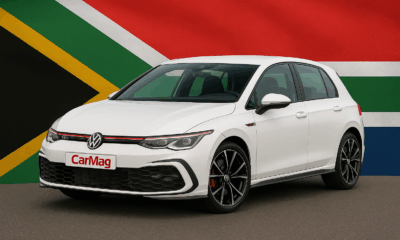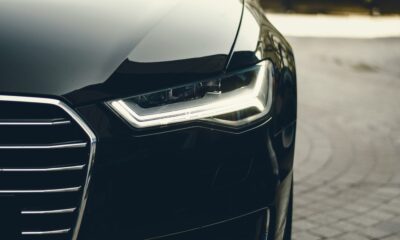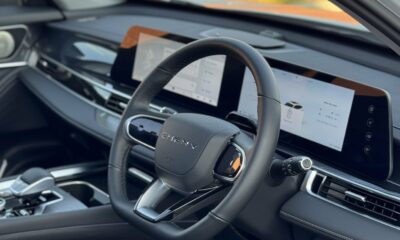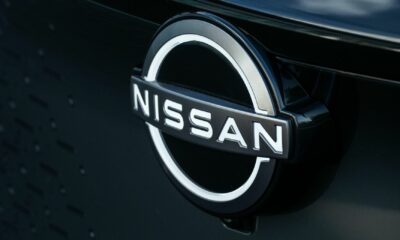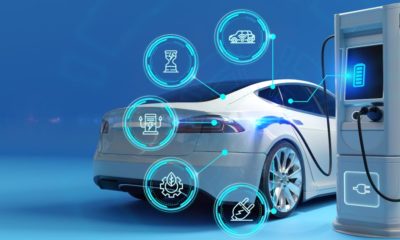Business
The Truth About EV Taxes in South Africa: Why the “Electric Car Tax” Story is Misleading
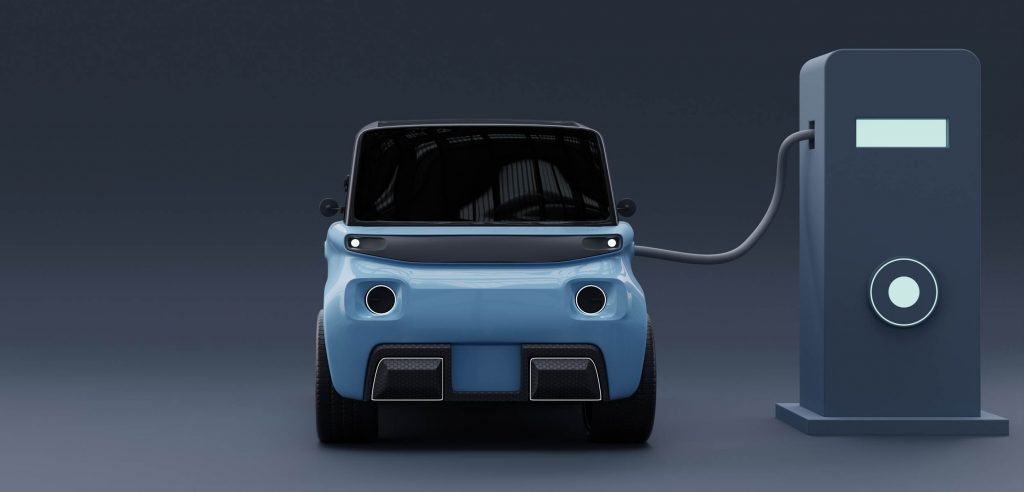
Clearing up the myth
If you’ve ever complained about an “electric car tax” in South Africa, you’re not alone. The phrase has made its way through news reports, social media debates, and even dinner table conversations. But here’s the twist: there is no special extra tax placed on electric vehicles. The idea that EVs are punished with higher import duties is, in most cases, simply not true.
How import duties really work
Almost every new car brought into South Africa pays an import duty of 25 percent, whether it’s powered by petrol, diesel, or electricity. The only exception is petrol and diesel cars from Europe and the UK, which benefit from a reduced tariff of 18 percent thanks to a trade agreement. EVs from the same region do not enjoy that lower rate, which has led to the misconception that electric cars are unfairly taxed. In reality, they just don’t get the same discount.
Vehicles from the Southern African Development Community (SADC) are another exception. Cars from the region can enter the market with reduced or even zero duty, whether they are petrol or electric. This is part of regional trade integration and not a rule targeted at EVs.
Why EVs cost more than petrol cars
If import duties aren’t the culprit, why are EVs still so expensive? The biggest reason is the battery pack, which remains the most costly part of an electric car. While the price of lithium carbonate, a key battery ingredient, has fallen sharply, EVs are still pricier upfront than petrol and diesel models.
Analysts predict this won’t last forever. By 2026 or 2027, EVs are expected to reach price parity with traditional cars, making them far more competitive for South African buyers.
China’s role and the local industry challenge
At present, the cheapest EVs on South African roads come from China. Thanks to economies of scale, efficient supply chains, and easier access to critical minerals, Chinese carmakers can produce EVs at significantly lower costs. Even with the same 25 percent duty, their models often undercut competitors.
But lowering tariffs on Chinese EVs could come at a cost. South Africa’s local automotive industry, which employs thousands of workers, is already under pressure. Removing protections would put even more strain on local manufacturers that are only beginning to prepare for electric production.
From April 2026, carmakers with South African operations will qualify for a 150 percent tax rebate on investments in alternative propulsion manufacturing. Until then, government incentives remain carefully balanced between encouraging EV adoption and protecting local jobs.
Shifting the conversation
A senior executive in the e-mobility sector recently told MyBroadband that they would rather see South Africans buy EVs because of their advantages, not because of tax breaks. Those advantages include a smoother, quieter driving experience and lower running costs compared to petrol or diesel.
Interestingly, the same executive pointed out that while EVs are marketed as better for the environment, this is not always the factor that convinces drivers. For many, it’s about the day-to-day savings and the thrill of the drive.
What this means for South Africans
So, the real story is this: South Africa does not punish EVs with a special tax. What drivers are paying is the same duty that applies to most imported vehicles. The higher price tag comes down to technology, supply chains, and market readiness, not a so-called “electric car tax.”
With tariffs under review and local manufacturing incentives coming in 2026, the road ahead for EVs in South Africa may soon look very different. But for now, the myth of the electric car tax is one South Africans can safely set aside.
Also read: Billions in Unclaimed Dividends: Could You Be Owed a Share of South Africa’s R4.5 Billion?
Follow Joburg ETC on Facebook, Twitter, TikT
For more News in Johannesburg, visit joburgetc.com
Source: MyBroadband
Featured Image: TechCentral

